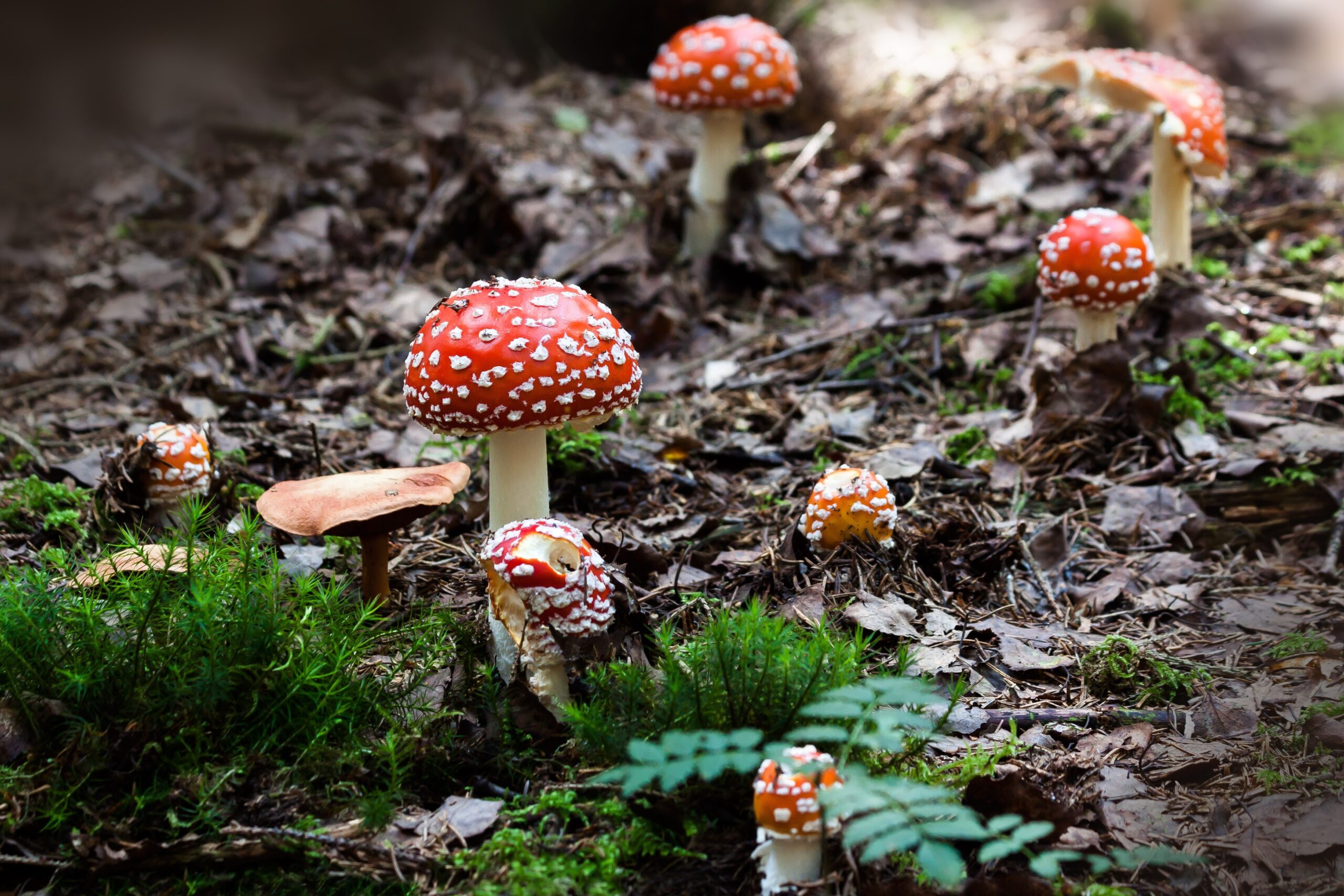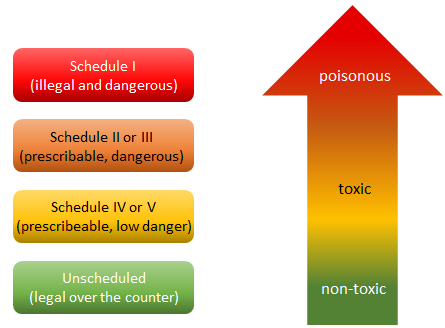

MAPS Organisation
Introduction
MDMA was originally synthesized all the way back in 1912, by a German company called Merck. It got rediscovered by Alexander Shulgin in 1970. He shared his discovery with his contacts in the psychology community. Interestingly, MDMA was used “underground” by many psychologists, as an aid in their sessions, all the way to 1985. In the meantime, the compound raised in recreational popularity under the name Ecstasy. During the hight of the “war on drugs”, both MDMA and many other substances got classified as a schedule 1 drug under the Controlled Substances Act. For many upcoming years, this event closes the possibility of further research of these substances and their possible medical/therapeutical use. 
What is MAPS and what do they do?
MAPS is an acronym for Multidisciplinary Association for Psychedelic Studies. It’s a non-profit organisation, focusing on psychedelic compounds and their uses. It was founded in 1986 by Rick Doblin. The organisation focuses and covers the topic from a broad spectrum of aspects. One of the fields of their work is social education. Debunking common myths and misconceptions circling around the substances, and providing up to date and accurate information. MAPS is also a pioneer in scientific studies in this field. The organisation develops programmes, studying different substances in connection with therapy. They develop “handbooks” or guides for doctors and psychologists. They provide therapists with methods/steps of adding psychedelic compounds such as MDMA, Psilocybin or LSD to therapy sessions.
MAPS – What compounds did they study?
During the years, MAPS conducted a big number of studies. They studied Marihuana, LSD, MDMA, Psilocybin, Ibogaine and Ayahuasca. Some of the studies worth mentioning is the first ever study of vaporization and water filtration and it’s impact on users. There was also a number of studies providing promising results in introducing MDMA or marihuana in PTSD therapy. Psychedelics also seem to manage the fear of death (during uncurbable diseases) or in addiction therapy.
Conclusion – The studies of psychedelic substances
The war on drugs not only failed in its attempt to stop the influx and popularity of illegal substances in the United States. It also treated many different compounds the same way, and marked them all as “dangerous and proving no medical or therapeutically value”. Because of this, during the years, the study of psychedelics (due to bureaucracy ) proved impossible, or at least very difficult. Thanks to pioneer organisations such as MAPS, these substances (and their possible uses) are introduced to more and more people. They also pave the way for many other think-tanks and organisations, studying psychedelic substances and their possible impact on humanity.



